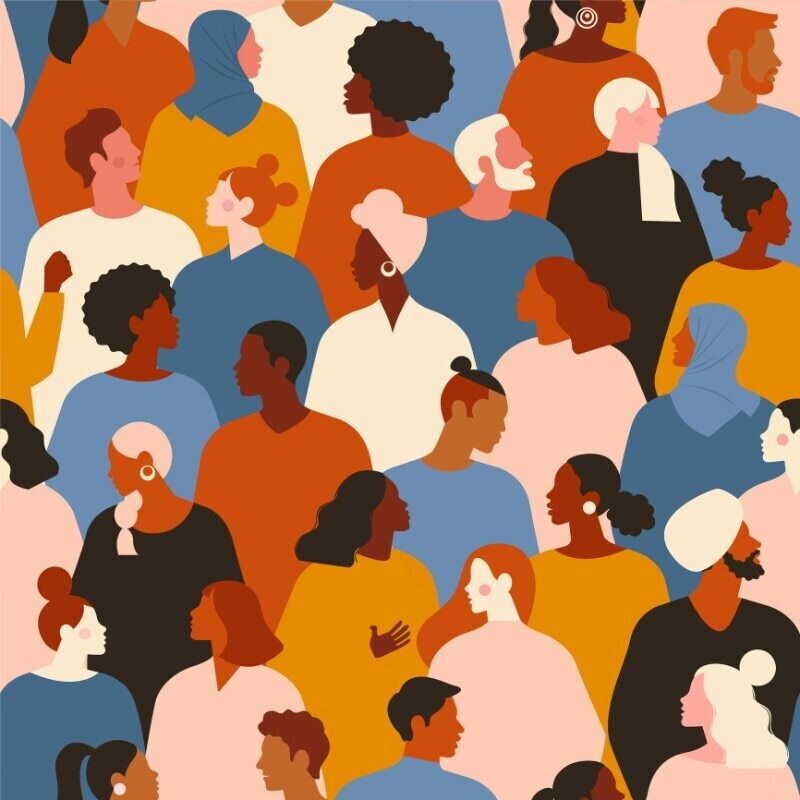Overview
The Partnering for Racial Justice in Business initiative is a global coalition of organizations and their C-suite leaders committed to leveraging their individual and collective power to build equitable and just workplaces for professionals with under-represented racial and ethnic identities.
The Challenge
Racism and racial bias is manifested in current social, economic and political disenfranchisement of historically marginalized and minority ethnic groups* such as the lack of opportunities, lower socio-economic status, higher unemployment and the racial wealth gap. Professionals of colour and minority ethnic backgrounds continue to face racial injustice and inequity in the workplace, and they have been severely underrepresented in leadership. For example, there have only been 15 Black CEOs over the course of the 62 years of the Fortune 500’s existence, and currently only 1% of Fortune 500 CEOs are Black. Below the top level, Black employees form approximately only 4.7% of executive team members in the Fortune 100 and 6.7% of the 16.2 million managerial-level jobs.
While an integrative and holistic Diversity, Equity and Inclusion strategy is needed, many corporate DE&I programmes tend to address diversity as an all-encompassing term for all human differences and fail to address norms and practices that are rooted in specific historical patterns of exclusion, marginalisation and disadvantage.
*The definition of “ethnic minority” varies by country, based on the local understanding of which groups have been historically marginalized and under-represented politically or in business.
The Objective
Designing racially and ethnically equitable workplaces for companies involves addressing everything from the structural and social mechanics of their own organizations to the role they play in the communities in which they operate and the economy at large.
The Partnership was designed to operationalize and coordinate commitments to eradicate racism in the workplace and set new global standards for racial equity in business. It also provides a platform for businesses to collectively advocate for inclusive policy change.
A Holistic and Integrated Approach to Diversity, Equity, and Inclusion
The initiative originates from the World Economic Forum’s Centre for the New Economy and Society, which is focused on building prosperous, inclusive and just economies and societies. In addition to its work on fostering economic growth and risk-preparedness and investing in talent and human capital, the Centre takes an integrated and holistic approach to promoting equity and inclusion.






